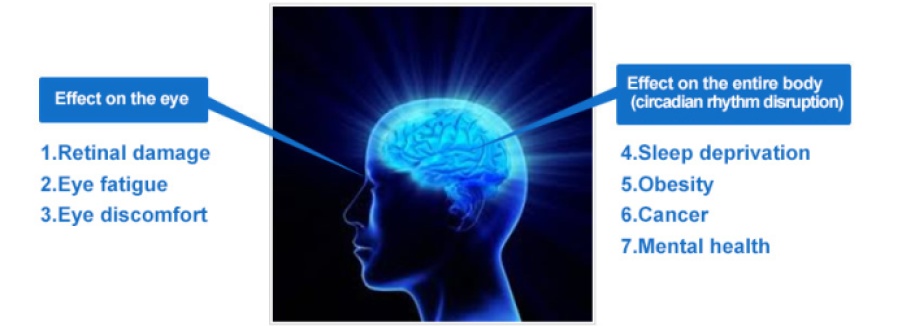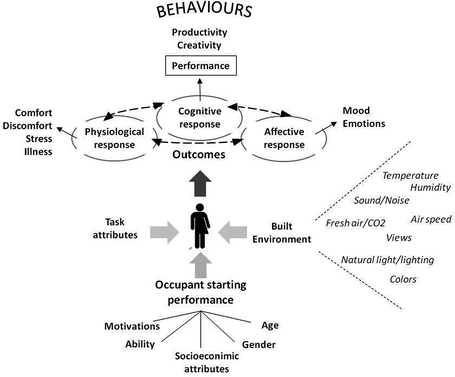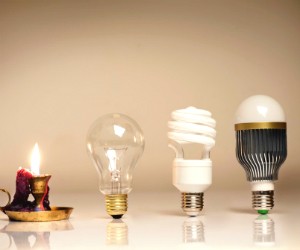As a matter of fact it has been documented that insufficient lighting can contribute to depression and deficiency in vitamin d.
Effects of office lighting on mood and cognitive performance.
The study presents an investigation of the effects of the recommended office lighting on subjects mood and cognitive performance in the physical setting of an office.
The results showed no significant effect of the lighting on the performance of cognitive tasks.
But bad lighting is associated with a range of ill health effects both physical and mental such as eye strain headaches fatigue and also stress and anxiety in more high pressured work.
Yet these investigations did not render a conclusive or consistent finding on the relative contribution of illuminance and cct on various cognitive domains.
Many hours of exposure to blue light and a lack of natural daylight can upset their biorhythm which can result in long term disturbances in cognitive performance and mood.
Exposure to dynamic light during office hours is essential for sustainable employability.
In addition a gender effect in the performance appraisal task was examined both as a between and within subject factor.
However an interaction between gender and color temperature on mood showed that 3000k more reddish.
Research has explored acute effects of light level and correlated color temperature cct of indoor lighting on subjective measures of alertness and task performance during daytime.
Other studies found that lighting can affect appetite.
Proper lighting on the other hand has been known to improve mood and energy levels.
However an interaction between gender and color temperature on mood showed that 3000k more reddish and 4000k more bluish office lighting may communicate different affective loadings or meanings to each gender.
The results showed no significant effect of the lighting on the performance of cognitive tasks.
The same applies to office workers who suffer from the same symptoms in the long term.


























